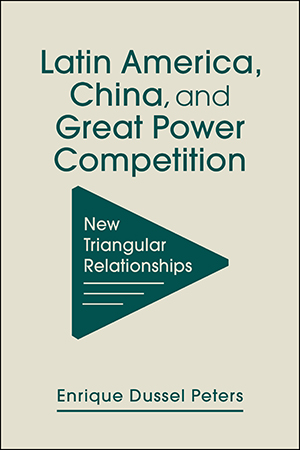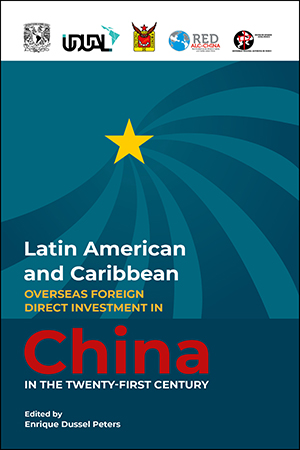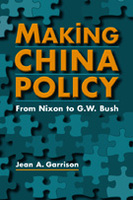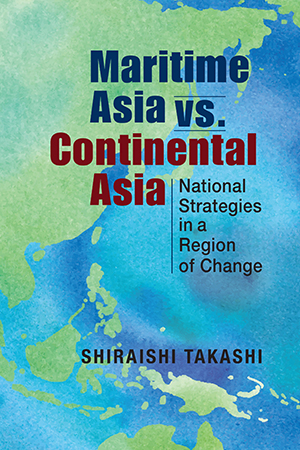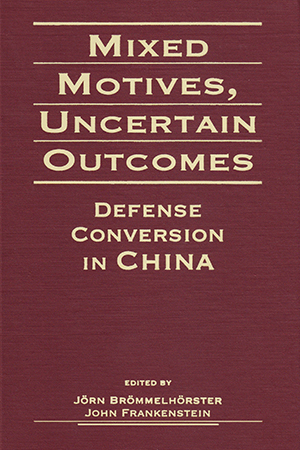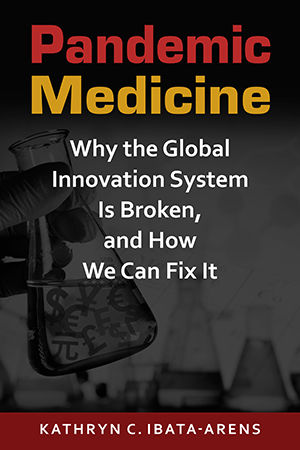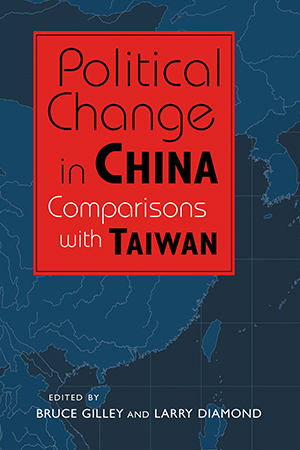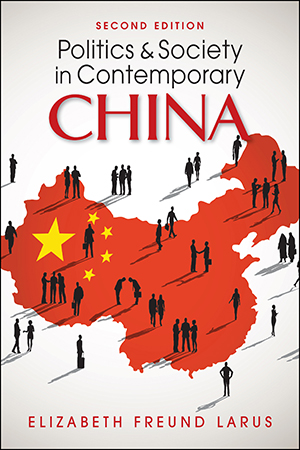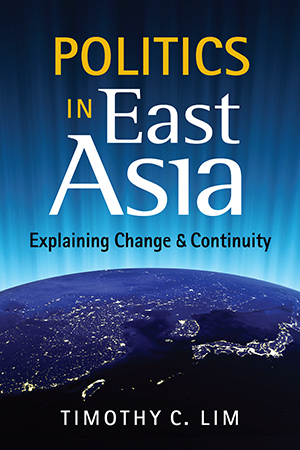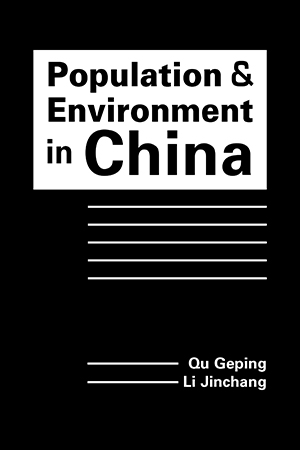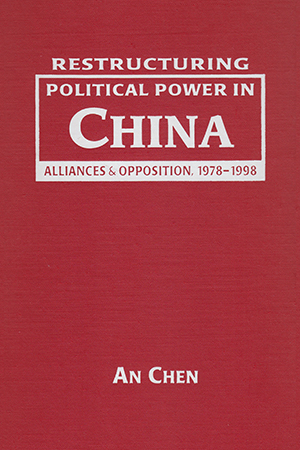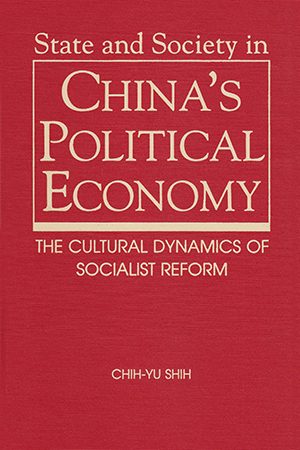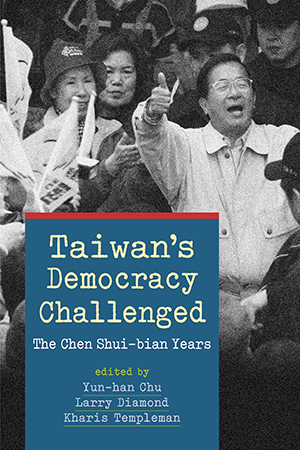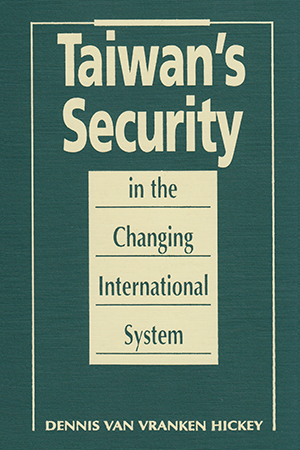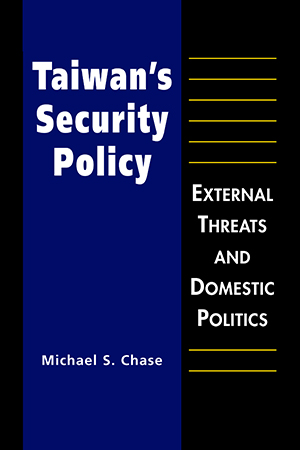China
The emergence of Latin America and the Caribbean as an arena for US-China competition raises a number of important questions: What are China’s goals in LAC? Is its presence there a More >
While overseas direct investment from China has been studied widely, OFDI to China has been largely ignored. Contributors to this volume pivot the conversation to examine macroeconomic and More >
What explains the twists and turns in US-China relations since Richard Nixon initiated a policy of engagement in the early 1970s? Addressing this question, Jean Garrison examines the More >
Shiraishi Takashi reflects on the diplomatic challenges facing the countries of Asia in today's geopolitical order, exploring historical context, long-term trends, and current More >
Mixed Motives, Uncertain Outcomes looks critically at China's efforts to adapt its vast military- industrial complex to the service of its socialist market economy. The authors—all More >
Winner of the Andrew Price-Smith Book Award! Despite a century of advances in modern medicine, as well as the rapid development of Covid vaccines, the global pharmaceutical industry has More >
How might China become a democracy? And what lessons, if any, might Taiwan's experience of democratization hold for China's future? The authors of this volume consider these More >
This acclaimed introduction to China's politics and policies has been extensively revised and thoroughly updated not only to focus on the Xi Jinping era, but also to be even more More >
This systematic, innovative introduction to the dynamic politics and political economies of China, Japan, North Korea, South Korea, and Taiwan teaches students how to think analytically, More >
Professors Qu and Li incorporate the results of historical research, current analysis, and forecasting to discuss the relationship between human population and the environment in China. More >
This systematic study of China's structural transformation during the past two decades emphasizes the balance-of-power game so ably played by Deng Xiaoping and others among the post-Mao More >
As China's reforms take root, the differences between the traditional value of harmony and the socialist norm of class struggle are becoming increasingly obscured. Chinese citizens are, More >
When Chen Shui-bian, Taiwan's first non-Kuomintang president, left office in 2008, his tenure was widely considered a disappointment. More recent events, however, suggest the need for a More >
One of the most critical tasks facing Taiwan's government in the post-Cold War era is the need to reassess its security environment. In this context, Hickey discusses the island's More >
Confounding expectations, Taiwan reduced its military spending for many years even as its sole adversary, the People's Republic of China, modernized its military and significantly More >


